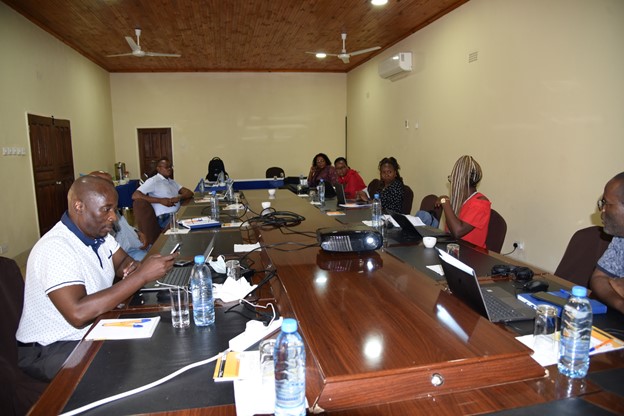
The Regional Infrastructure Financing Facility (RIFF), an investment financing arm funded by the World Bank to support infrastructure development in the COMESA region is set to roll out its activities for 2022.
Recently, the Project Implementation Unit of the RIFF held a three-day orientation workshop in Siavonga south of Lusaka to discuss the work plan and review the guidelines, processes and procedures that apply to the World Bank and COMESA Secretariat.
The objective of the interaction was to enable officers and partner divisions and units from COMESA Secretariat to have a common understanding of the RIFF implementation plan and the linkages.
RIFF was launched in August 2020 and has three components which include a US$325 million credit facility for Project and Infrastructure Finance. This will provide long term finance to infrastructure projects that meet the development impact criteria and it will be administered by the Trade and Development Bank (TDB).
The second Component is the COVID Infrastructure Sector Small and Medium Enterprise (SME) Response with US$75 million which will facilitate access to debt financing to renewable energy. It will support SMEs such as the Solar Home-Systems (SHS) operating in Southern and Eastern Africa to provide power to households. This is also administered by the Trade and Development Bank (TDB).
The last Component is Technical Assistance set at US$25 million with sub-components such as Capacity Building. The TDB will benefit from this sub-component by receiving expertise to support the bank’s strategic decision to scale up project and infrastructure finance and strengthen its capacity on Environmental & Social Safeguards.
The second sub-component is Capacity Building and Technical Assistance to COMESA Secretariat pegged at US$ 10 million and will support the enabling environment for private infrastructure finance with a focus on building a regional off-grid energy market.
It will allow the COMESA Secretariat to support the harmonisation of policies and regulations for cross-border infrastructure, trade and investment, regional integration activities on the off-grid energy sector and market development activities in in Fragile Conflict and Violence (FCV) countries.

